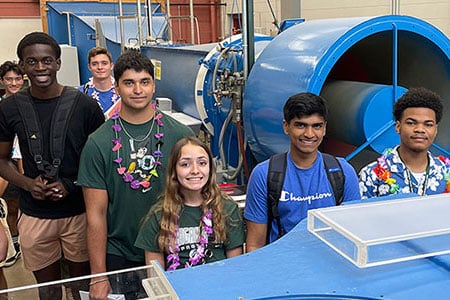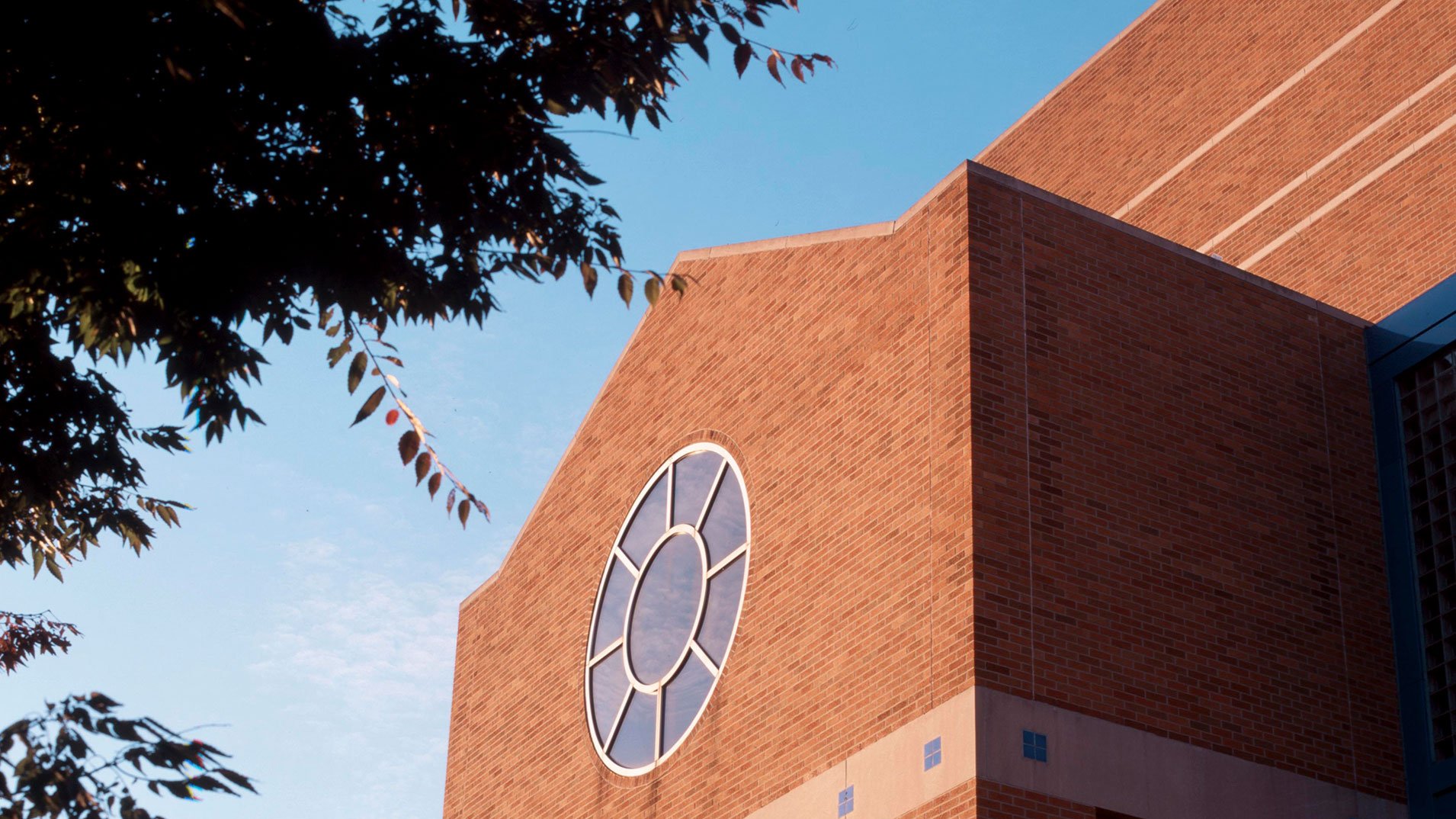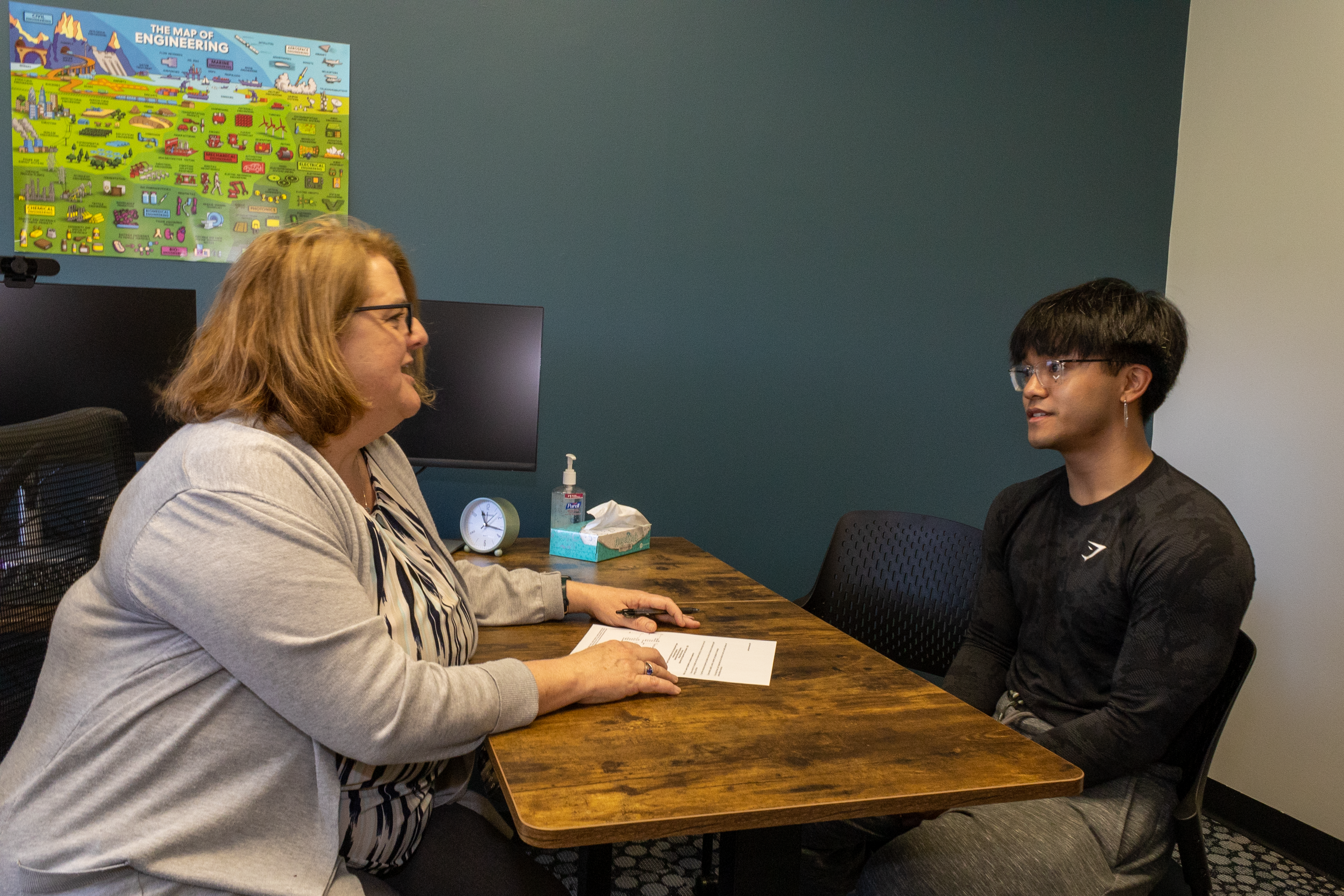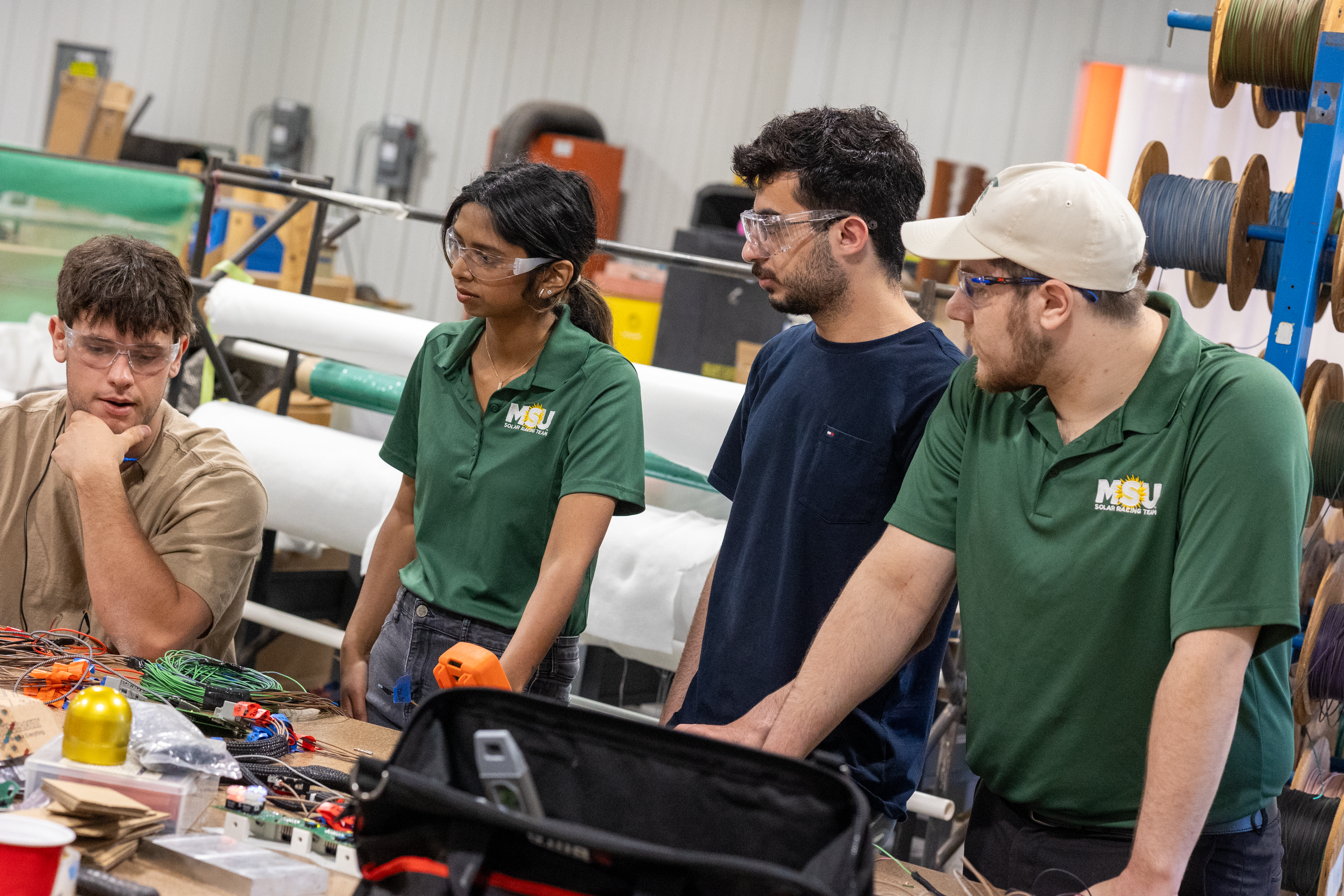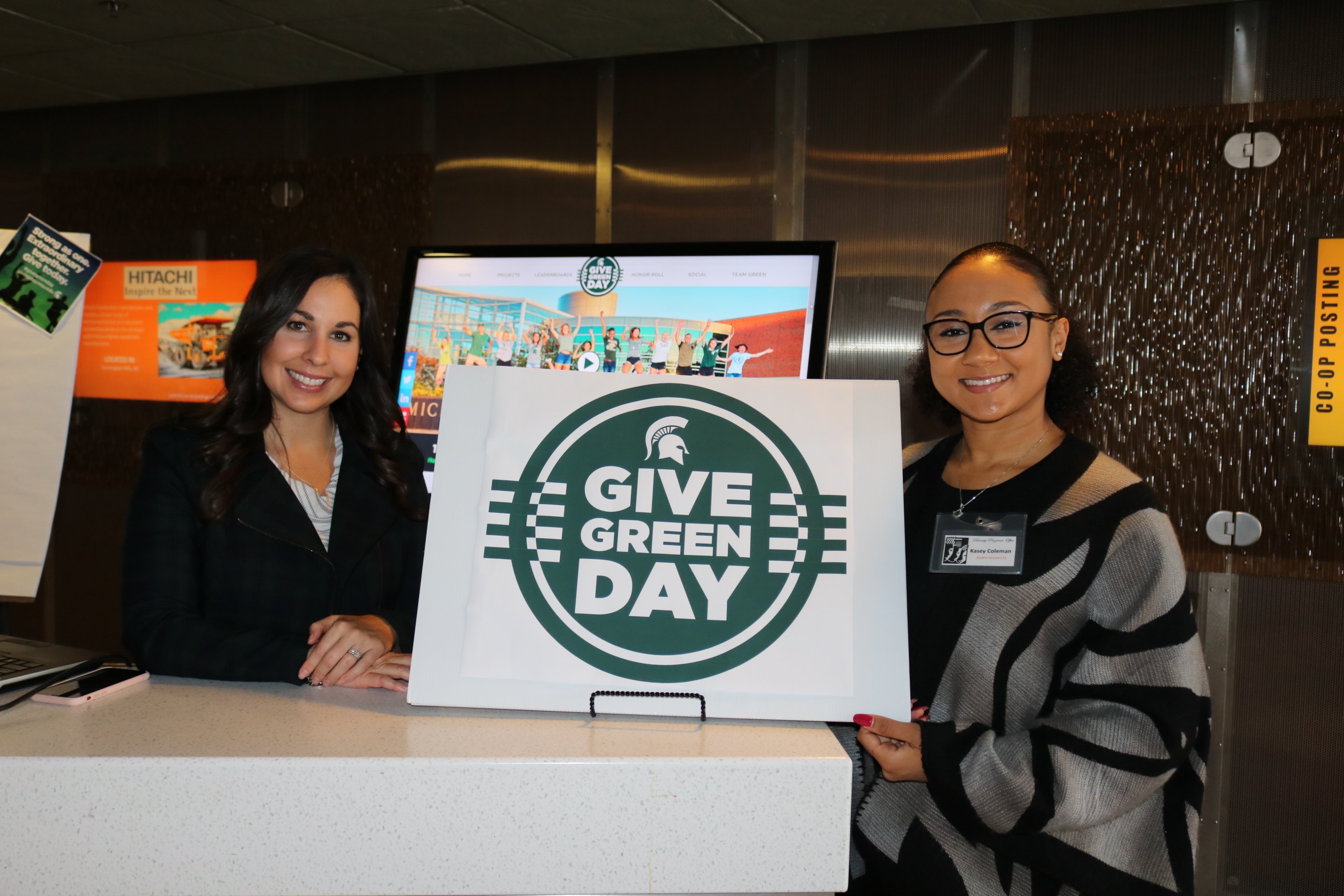This story is courtesy of the MSU Resource Center for Persons with Disabilities (RCPD).
On a campus known for accessibility innovation, the Michigan State University College of Engineering is a longstanding partner with the Resource Center for Persons with Disabilities (RCPD). Working together, RCPD and Engineering faculty facilitate projects that inform students of universal design and the life-changing role that well-designed technology plays in providing access.

Engineering students showcase their insights and solutions twice a year during Design Day, a collegewide celebration usually held on the last day of classes during fall and spring academic semesters - a tradition that is temporarily paused due to the COVID-19 health crisis.
During the fall of 2020, a notable Design Day project was the Roadside Electric Scooter Detection and Alert System.
Prior to the COVID-19 pandemic, electric scooters were widely used on campus. This motorized transportation, while an asset to many, was a risk for those who are blind or visually impaired because users sometimes leave them in pathways and outside designated parking areas, causing a significant trip hazard.
One ECE 480 team, comprised of Owen Kaechele, An Ye, Chenyang (Gary) Cai, Travis Hamp, and Harry John, sought to minimize the hazards of scooters by partnering with RCPD and the scooter company Gotcha. Using GPS and Bluetooth technology, a smartphone application was created allowing pedestrians to receive an audible warning when approaching a scooter.

GPS data from a pedestrian's smartphone is compared to scooter location data - alerting the pedestrian of a scooter's whereabouts and removing the element of surprise when scooters are left in pathways.
"This project provided a technical challenge for engineers," said RCPD Director Michael Hudson. "It established MSU as a leader in inclusive design while educating scooter manufacturers of an unmet need. It also begins to identify workable solutions to help blind pedestrians avoid pathway hazards."
RCPD and College of Engineering celebrate 25-year partnership
The RCPD and the College of Engineering have collaborated for more than 25 years on projects providing accessible design while helping future engineers design with inclusion in mind.
"Early on," Hudson recalled, "I was frustrated with how so many products were nearly accessible, and had the engineers considered accessibility, they could have created a more optimal product at no additional cost."
The Engineering Capstone, Electrical and Computer Engineering (ECE) 480 course, was identified as a starting point to resolve that problem. Hudson and Assistive Technology Specialist Emeritus Stephen Blosser shared insights on accessible design and facilitated capstone projects that both inform engineers and solve real-world challenges.
"These engineers have immense capacity for creativity," Hudson said, "so showcasing an accessibility mindset and identifying need in the community provided a range of fascinating possibilities and projects through the years."
From project inception to presentations, MSU faculty and student engineers combine their talents to create possibilities that help to positively alter lives, Hudson said. RCPD maintains its hands-on approach through staff like Assistant Director for Assistive Technology Innovation Leslie Johnson, who works diligently on engineering capstone presentations. Likewise, Hudson and Blosser routinely facilitate ECE 480 projects.
Johnson said her Assistive Technology Innovation role takes her into ECE 480 classes to be a guest speaker each semester.
"This is something I really enjoy and believe is an important opportunity, not only for RCPD and individuals with disabilities, but for the students and future engineers," she said. "Accessible design and universal design benefits those with disabilities, because they can access and use the products more independently. So, by RCPD being involved with ECE 480, it helps generate awareness for how things can be designed to better meet the needs of those with disabilities, which usually leads to broader impacts and helping everyone."
Another example is Blosser's work with the Orphans International Helpline organization to help build a hospital to serve persons in a remote area of Haiti, where access to electricity is a rarity. A group of students from a recent capstone class designed a solar and wind electrical power system for this hospital, which has been incorporated into the building's design.
"Our partnership with Engineering through capstone course presentations and projects combines with staff talents and student interest to create possibilities that help MSU reach our biggest mission -- changing lives here and around the world," Hudson added.
Find out more on MSU RCPD here.
